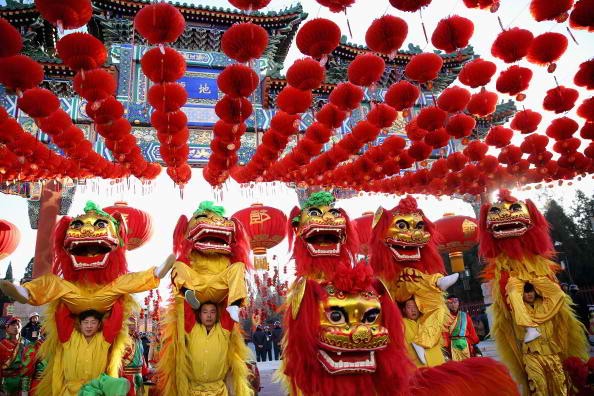In traditional terms, the Spring Festival is celebrated in a manner akin to the ways and means of the olden times. But as lifestyles shift and attitudes change, celebrating China's most important holiday has also taken new turns, with technological advancements taking centerstage.
Otherwise referred to as the Chinese New Year holiday, the Spring Festival begins its 15-day duration with the "Chunyun" travel season to hometowns and runs through a period that ends in the annual Lantern Festival, which heralds a return to normalcy, China Daily reports.
However, observing the holiday traditionally has become just an option for the globalizing Chinese, with their expanding resources and exposure to global trends allowing them to spend it through traveling and digital means. Nonetheless, the holiday loses none of its essence as it adapts to modern-day changes.
International Travel
As the most populous country on Earth, China has understandably become the site of the world's largest human migration annually, owing largely to the many hometown-bound trips mainlanders take. International travel, however, began comprising a significant number of those travels.
This year, mainland travelers recorded a staggering 6.15 million overseas trips during the Spring Festival, Yibada previously reported. Such accounts for a 2.5 percent increase compared to last year's figures, and has accounted the likes of Thailand and Japan as among the most popular overseas destinations.
Technological Advancements
Chinese children look forward to the Spring Festival because it is a time when their older relatives give them red envelopes with lucky money inside called "hongbao." Yet in recent times, digital versions of the ubiquitous red packets have become popular among both the young and old alike in China.
Tencent's WeChat annually provides a service that allows users to send digital red packets to their loved ones. This year, the popular messaging app has facilitated the transfer of six billion digital hongbaos, which constitutes a remarkable 43.3 percent increase year-on-year.
Online shopping has also filled in the gap left by brick-and-mortar stores, many of which close during Spring Festival celebrations. This year, online stores in China ran a campaign centered on continuous operations throughout the holiday, allowing mainlanders to enjoy shopping during the festive season.
Blast from the Past
Social media has become a popular medium for families reminiscing memories of the past during the Spring Festival, with the move away from physical family photo albums heralded by the rise of digitization. Now, Chinese users can share precious moments of the past among themselves through uploaded photos.
Moreover, fireworks displays have become less favored in recent renditions of the Spring Festival, considering the need to curb down on emissions to combat China's lingering air pollution problem. Restrictions on fireworks have not made the mood less festive, and are even seen as welcome changes.



























